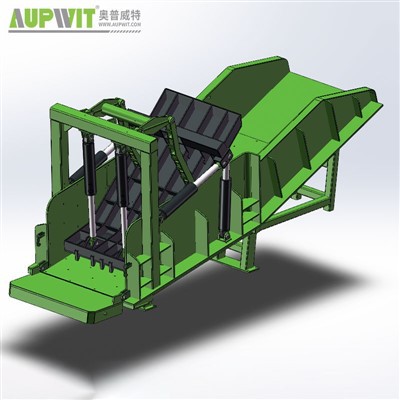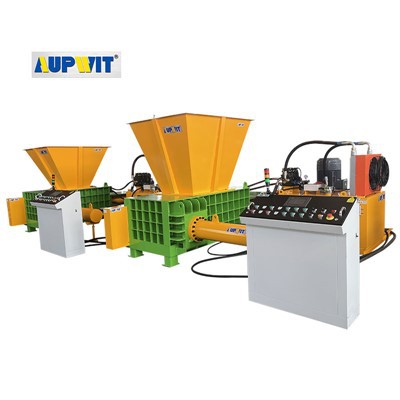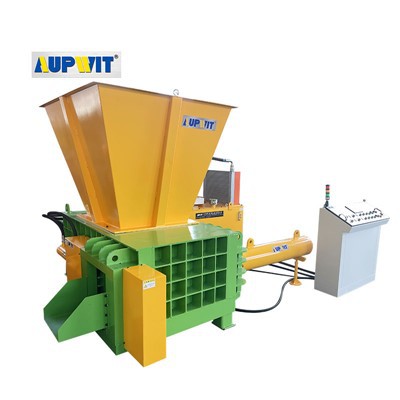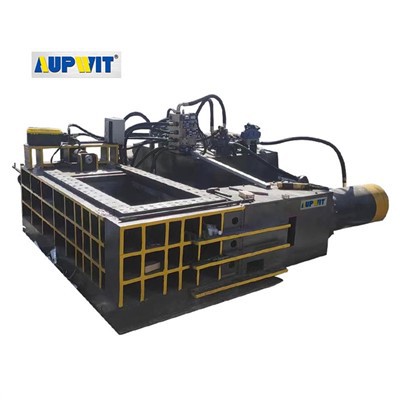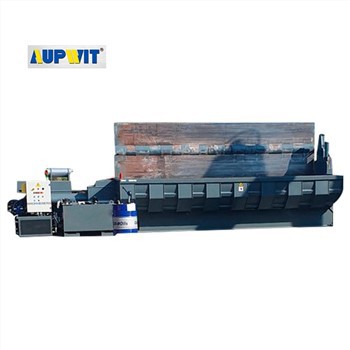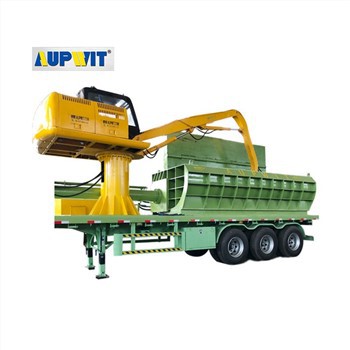Solving Burr Problems in Guillotine Shearing Operations
Eliminating burrs in guillotine shearing requires systematic attention to equipment condition, setup parameters, and material handling. Below are comprehensive solutions organized by key factors:
Blade Inspection & Maintenance
- Regular inspection: Check both upper and lower blades for dullness, chips, or uneven wear
- Sharpening schedule: Maintain precise cutting edges through periodic sharpening
- Replacement protocol: Immediately replace severely worn blades to prevent tearing
Blade Clearance Adjustment
Tailor the gap between blades to material thickness and hardness. Too much clearance causes deformation, while too little increases friction.
Precision Alignment
Ensure blades are perfectly parallel across their entire length for uniform cutting pressure and consistent edge quality.
Material Clamping Solutions
- Implement even pressure distribution across workpieces
- Secure material firmly to prevent shifting during cuts
- Regularly inspect and maintain clamping mechanisms
Lubrication Techniques
Proper lubrication reduces friction for cleaner cuts:
- Use appropriate lubricants for specific materials
- Apply lubricant evenly to cutting surfaces
- Establish regular lubrication intervals
- Ensure lubricants won't contaminate finished products
Operator Best Practices
Skilled operation significantly reduces burr formation:
- Proper material positioning against guides
- Consistent feeding techniques
- Regular inspection of first-cut samples
- Immediate adjustment when burrs appear
Training Program
Implement comprehensive training on burr identification and prevention techniques.
Quality Checks
Establish routine quality inspections to catch burr issues early.


